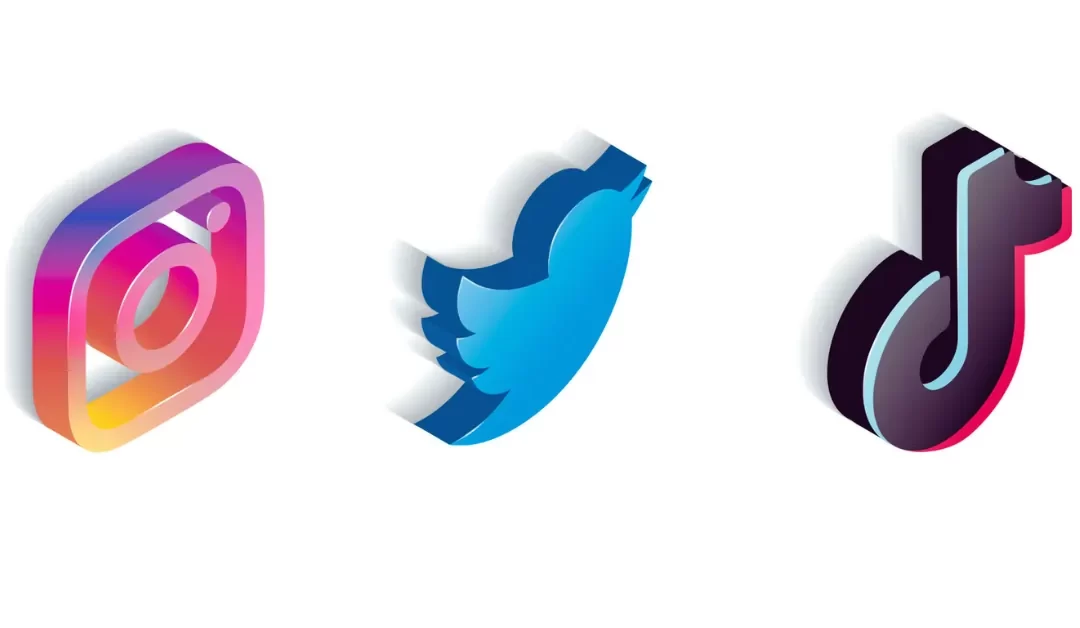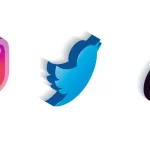France has joined other countries in banning the use of TikTok, Twitter, Instagram, and similar apps on government employees’ phones due to worries about data security. The French government has decided that these apps do not meet the required cybersecurity and data protection standards for use on official devices. This ban will be implemented immediately, according to a statement from the Ministry of Public Sector Transformation and Civil Service.
Reason Behind the Ban
The French government’s decision to restrict access to recreational apps comes from growing concerns about the safety of personal data. Stanislas Guerini, the Minister for Public Sector Transformation, emphasized that protecting the cybersecurity of public officials is a top priority. Other countries, including the United States and several European nations, have also restricted or banned the use of TikTok due to similar security concerns.
- Concerns about Data Security: French officials are worried that the data collected by these apps, particularly TikTok, might be vulnerable to misuse or access by foreign governments.
- Cybersecurity Measures: The government believes these apps don’t meet the necessary standards for safe use in professional settings.
- Exemptions for Professional Use: The ban will only apply to “recreational” use, with exceptions for official purposes, such as institutional communication.
Global Trend of TikTok Bans
The ban on TikTok and other apps in France follows a growing global trend. Several governments and organizations around the world have recently taken action against the app due to security concerns. Countries like the United States, Canada, and several European nations, including the UK and the Netherlands, have already taken similar steps.
- US and European Restrictions: The US has banned TikTok from government devices, with national security officials warning that the app poses potential risks. The European Union also restricted the app for its staff, citing cybersecurity concerns.
- Widening Concerns: More governments, including those of India, Pakistan, and New Zealand, have followed suit in banning the app due to fears of data collection by the Chinese government.
Security Concerns: Can TikTok Be Trusted
The main concern raised by critics of TikTok is the app’s ownership by ByteDance, a Chinese company. Many worry that the Chinese government could access personal data through laws that require companies to share data for national security reasons. While TikTok denies these accusations and insists it doesn’t share data with the Chinese government, the fears remain.
- Chinese Laws on Data: A 2017 Chinese law mandates that companies must provide any data relevant to national security to the government, leading to fears about how much data TikTok might be required to share.
- Rebuttal from TikTok: TikTok’s CEO, Shou Zi Chew, defended the company by stating that ByteDance is largely owned by global investors, and it operates independently of the Chinese government.
The Global Debate Over Data Privacy
The controversy surrounding TikTok has sparked a broader debate about data privacy and the role of governments in protecting citizens’ personal information. While some countries argue that the risks are too high, others believe the bans are motivated by political reasons.
- Accusations of Disinformation: Countries like the United States have also accused China of spreading disinformation regarding TikTok, claiming the app is being used as a tool for espionage.
- China’s Defense: On the other hand, China has denied the accusations and argued that the US is using the issue of data security to suppress foreign companies.
The Growing Concern Over Data Security
As concerns about data security continue to rise, it’s clear that TikTok and similar apps will remain under scrutiny. With more countries considering bans or restrictions, the global conversation around data protection, cybersecurity, and national security is far from over. The French government’s decision to ban these apps reflects broader fears about the safety of personal information in an increasingly connected world.































